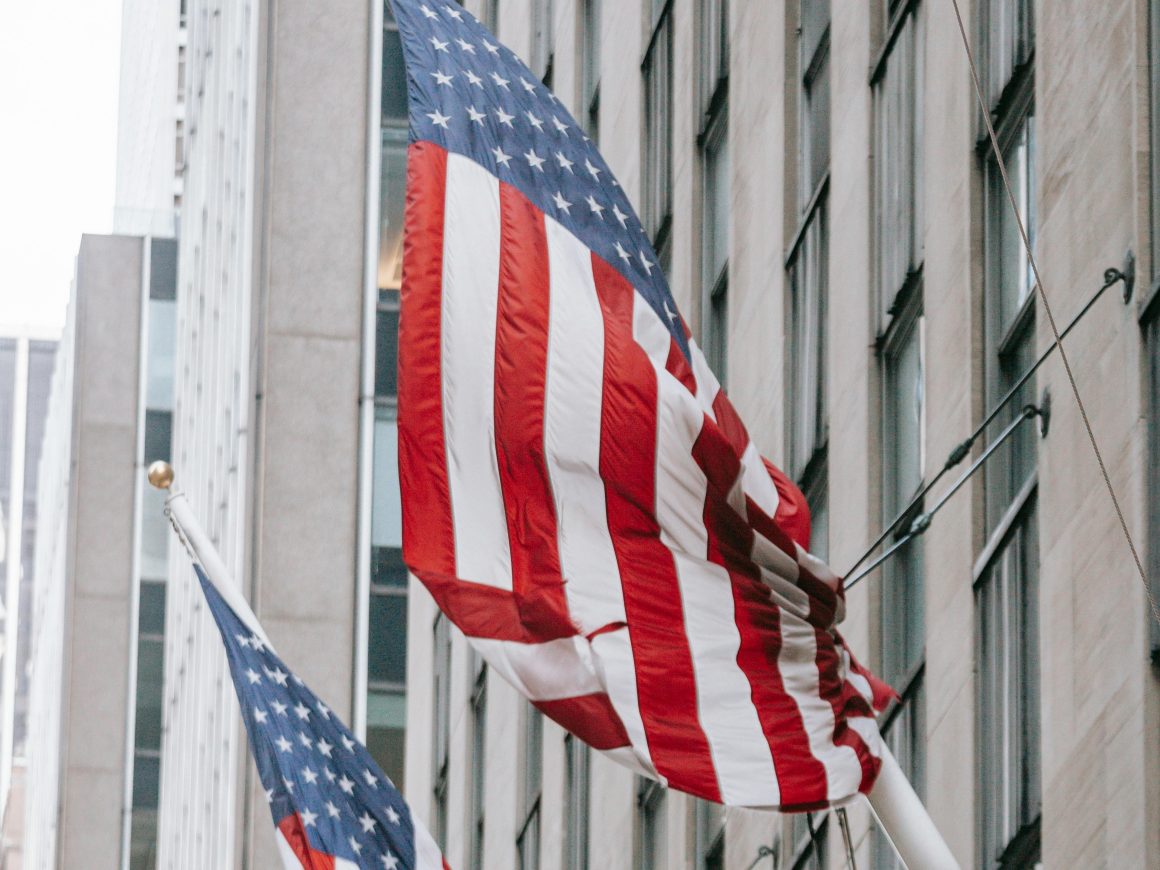US Embassy in Nigeria Issues Warning to Visa Applicants Over Fraud: Understanding the Consequences
US Embassy in Nigeria Issues Warning to Visa Applicants Over Fraud: Understanding the Consequences: US Embassy in Nigeria Issues Warning to Visa Applicants Over Fraud: Understanding the Consequences, In an increasingly interconnected world, the desire to travel, work, or study abroad has become a common aspiration for many Nigerians. The United States, in particular, remains a sought-after destination due to its diverse opportunities and cultural landscape. However, the process of obtaining a U.S. visa is stringent, designed to ensure that only eligible and honest applicants are granted entry. Recently, the U.S. Embassy in Nigeria issued a stern warning to visa applicants about the severe repercussions of engaging in visa fraud. This article delves into the embassy’s warning, the nature of visa fraud, its consequences, and the importance of maintaining integrity throughout the visa application process.
The U.S. Embassy’s Warning
On March 19, 2025, the U.S. Embassy in Nigeria released an official statement highlighting the grave consequences of visa fraud. The embassy emphasized that any form of dishonesty, including lying or providing fake documents during the visa application process, can lead to permanent visa bans under U.S. immigration law. Lying or providing fake documents can lead to permanent visa bans under U.S. immigration law. This means you will never go.” Source: Legit.ng
This unequivocal message underscores the embassy’s commitment to upholding the integrity of the U.S. immigration system and deterring fraudulent activities.
Understanding Visa Fraud
Visa fraud encompasses a range of deceptive practices aimed at obtaining a visa through dishonest means. Common forms of visa fraud include:
-
Document Forgery: Submitting counterfeit or altered documents, such as bank statements, employment letters, or educational certificates, to misrepresent one’s qualifications or financial status.
-
Misrepresentation: Providing false information on visa application forms or during interviews, such as lying about marital status, employment, or the purpose of travel.
-
Identity Theft: Using another individual’s identity or personal information to apply for a visa.
-
Visa Scams: Falling victim to fraudulent entities or individuals who promise guaranteed visa approvals in exchange for money.
The U.S. Department of State has consistently warned applicants about the prevalence of visa-related fraud and the tactics scammers employ. Source: U.S. Department of State
Consequences of Visa Fraud
Engaging in visa fraud carries severe and often irreversible consequences:
-
Permanent Visa Ineligibility: Individuals found guilty of visa fraud are permanently barred from entering the United States. This lifetime ban is a direct result of violating U.S. immigration laws.
-
Legal Action: Beyond immigration penalties, individuals may face legal action, including fines and imprisonment, depending on the severity of the fraud.
-
Reputational Damage: Being implicated in fraud can tarnish an individual’s reputation, affecting future opportunities both domestically and internationally.
-
Collateral Consequences: Visa fraud can lead to broader implications, such as difficulties in obtaining visas from other countries, as many nations share information regarding immigration violations.
The Importance of Honesty in the Visa Application Process
The visa application process is designed to assess the eligibility and intent of applicants. Honesty is paramount for several reasons:
-
Integrity of the Immigration System: Transparency ensures that the immigration system functions fairly, granting visas to those who genuinely qualify.
-
Personal Accountability: Honest applications reflect an individual’s respect for the laws and regulations of the host country.
-
Avoiding Severe Penalties: As highlighted, dishonesty can lead to permanent bans and legal repercussions, making honesty the safest approach.
Common Misconceptions Leading to Visa Fraud
Several misconceptions can lead applicants to engage in fraudulent practices:
-
Belief in Guaranteed Approvals: Some applicants believe that providing false information will guarantee visa approval. In reality, consular officers are trained to detect inconsistencies and fraud.
-
Misguided Assistance: Relying on unauthorized agents or consultants who promise guaranteed visas can lead to the submission of fraudulent documents.
-
Underestimating the Consequences: Some individuals may think that the consequences of fraud are minimal or that they can reapply without issues. However, as the embassy’s warning indicates, the repercussions are severe and lasting.
Preventing Visa Fraud
To avoid the pitfalls of visa fraud, applicants should:
-
Seek Accurate Information: Rely on official sources, such as the U.S. Embassy’s website, for information on visa requirements and procedures.
-
Avoid Unauthorized Agents: Only consult with authorized and reputable immigration advisors.
-
Double-Check Documentation: Ensure all submitted documents are genuine and accurately reflect one’s qualifications and intentions.
-
Be Honest: Always provide truthful information during the application process and interviews.
The Role of the U.S. Embassy in Combating Visa Fraud
The U.S. Embassy in Nigeria plays a pivotal role in maintaining the integrity of the visa process:
-
Public Awareness Campaigns: The embassy regularly issues warnings and informational materials to educate the public about the dangers and consequences of visa fraud.
-
Collaboration with Local Authorities: Working with Nigerian authorities to identify and prosecute individuals or groups involved in fraudulent activities.
-
Advanced Verification Techniques: Utilizing technology and data analysis to detect fraudulent documents and discrepancies in applications.
Impact on Genuine Applicants
Visa fraud not only affects those who commit it but also has broader implications:
-
Increased Scrutiny: Genuine applicants may face more rigorous scrutiny due to the prevalence of fraud, leading to longer processing times.
-
Strained Diplomatic Relations: Widespread fraud can strain relations between countries, leading to stricter visa policies.
-
Resource Allocation: Embassies may need to allocate more resources to fraud detection, potentially diverting attention from other consular services.
Conclusion
US Embassy in Nigeria Issues Warning to Visa Applicants Over Fraud: Understanding the Consequences, the recent warning from the U.S. Embassy in Nigeria serves as a crucial reminder of the importance of honesty and integrity in the visa application process. Engaging in visa fraud not only jeopardizes an individual’s chances of entering the United States but also carries severe legal and personal consequences. Prospective applicants are urged to adhere strictly to application guidelines, seek information from official sources, and maintain transparency throughout the process. Upholding these principles ensures a fair and efficient immigration system that benefits all.
Frequently Asked Questions (FAQs)
-
What constitutes visa fraud?
Visa fraud includes any deceptive practice aimed at obtaining a visa, such as submitting forged documents, providing false information, or using another person’s identity.
-
What are the consequences of committing visa fraud?
Consequences include permanent ineligibility for U.S. visas, legal action, fines, imprisonment, and reputational damage.
-
How can I avoid visa fraud?
To avoid visa fraud, always provide truthful information, use genuine documents, consult official sources for guidance, and avoid unauthorized agents promising guaranteed approvals.
-
What should I do if I suspect someone is committing visa fraud?
Report suspected visa fraud to the U.S. Embassy or consulate. They have mechanisms in place to handle such reports confidentially.
-
**Can I reapply for a visa after being found guilty





